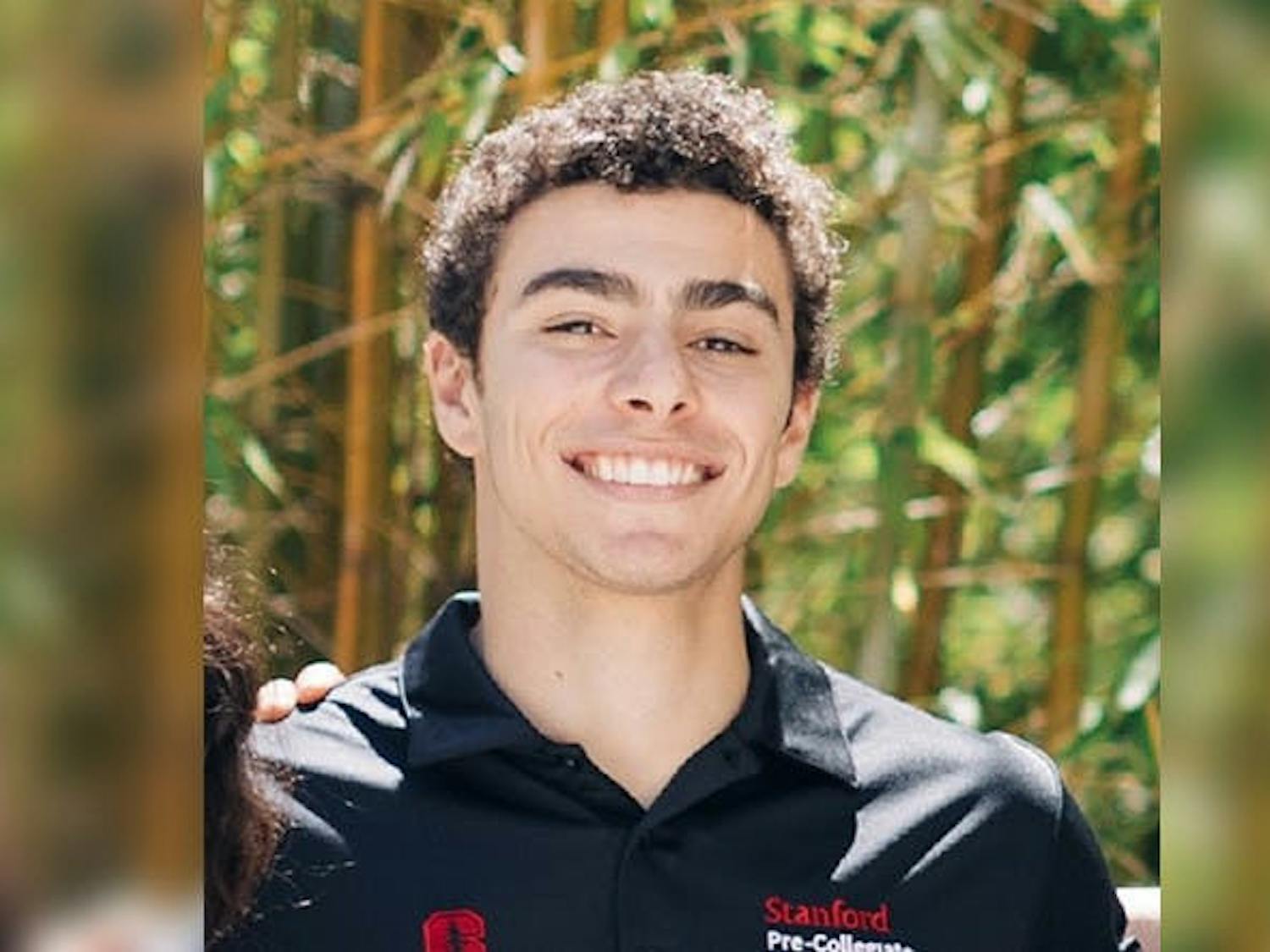Provost Robert Barchi recently appointed a committee of faculty members and administrators to look at ways in which the University can use distance learning most effectively in the upcoming years. The committee, chaired by Vice Provost for Information Systems and Computing James O'Donnell, is examining the University's current distance-learning initiatives and considering new cost-effective programs that could take educational material out of the classroom and onto computer screens and television sets across the world. Barchi said he would like to see the committee -- which will begin meeting next week -- report back to him by the end of the semester. "Technology gives us tools that can make education more effective and reach more students in more different ways than we have in the past," O'Donnell said. O'Donnell, a Classical Studies professor, is no stranger to distance learning himself. He and English Professor Al Filreis have coordinated an online seminar the past two summers that allows incoming freshmen to meet one another via e-mail. And University administrators have repeatedly stressed their commitment to distance-learning initiatives and their interest in using technology as a means of conveying information. The College of General Studies, for example, administered PennAdvance this summer, a for-credit distance-learning program that enabled students from 15 cities to take Penn classes through a combination of live satellite broadcasts, videoconferencing technology and the Internet. High school students can also take classes in such subjects as anthropology, economics and mathematics through PennAdvance. The Medical School also recently adopted Curriculum 2000, a new integrative and broad-based educational curriculum that posts lectures with corresponding slides on the Internet. The committee members will explore these programs and numerous others in hopes of determining what sort of distance-learning initiatives they find most relevant to the University. A unique task for this committee, then, is considering programs that could benefit people not otherwise affiliated with the University. Most of Penn's current distance-learning initiatives are intended for Penn students, parents and alumni. Both Barchi and O'Donnell said they were committed to developing programs -- certificate-based or continuing-education ones, for instance -- that extend to Internet users who are not affiliated with Penn. Last spring, for instance, then-Interim Provost Michael Wachter announced the creation of Wharton Direct, a series of non-degree executive education classes administered through the Baltimore-based Caliber Learning Network's 43 center across the United States. The six-week classes, usually paid for by the student's employer, target established professionals who want to earn promotions or update their knowledge in an ever-changing business world. Penn President Judith Rodin said one of Penn's goals should be to extend itself via technology across the globe. "The University is absolutely committed to using some aspects of distance learning to enhance its impact around the world," she said. Rodin said University administrators had in recent years contemplated building Penn-affiliated campuses in other parts of the world, but are now eager to expand more figuratively. "We decided to do it through distance learning and I think that was a very good decision," Rodin said.
The Daily Pennsylvanian is an independent, student-run newspaper. Please consider making a donation to support the coverage that shapes the University. Your generosity ensures a future of strong journalism at Penn.
DonateMore Like This
Here’s how Penn plans to celebrate America’s 250th anniversary
By
Arti Jain
·
7 hours ago
Van Pelt Library discontinues bag check security policy
By
Christine Oh
·
7 hours ago








